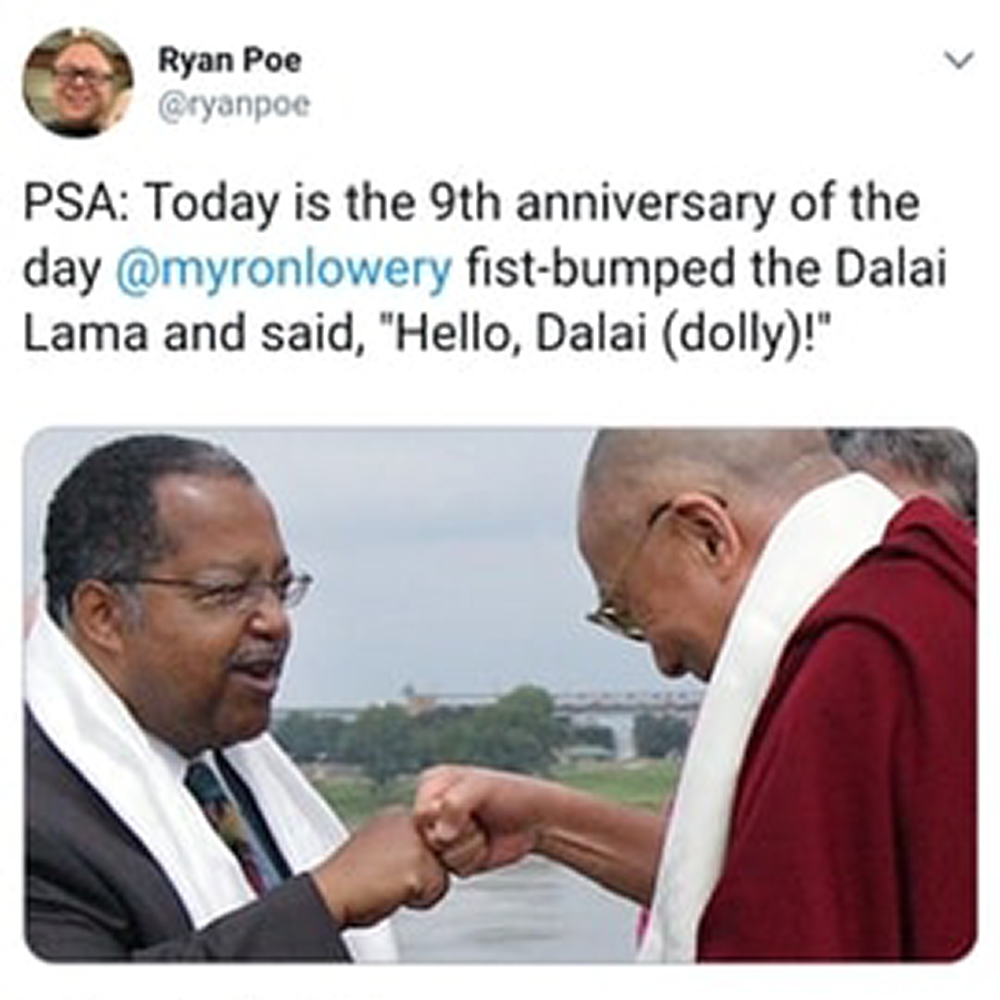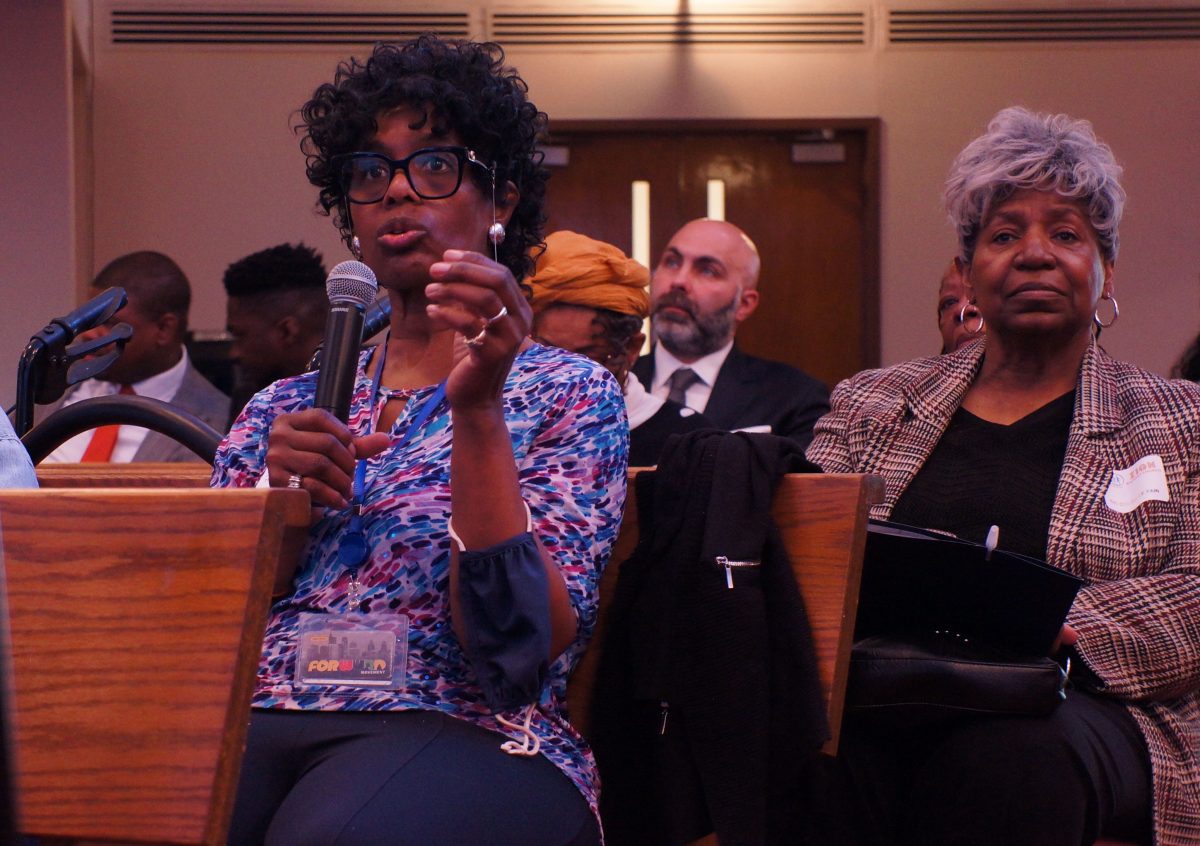It may be the proverbial tempest in the teapot, but the quarrels among Democrats, both local and statewide, continue to boil over.
The Shelby County Democratic Party (SCDP) may or may not have fully recognized official leadership as a result of contradictory recent actions taken by state chairman Hendrell Remus and the local party executive committee.
Remus started the turmoil by a surprise announcement, weekend before last, that he was removing local party chair Lexie Carter from her position as head of the SCDP. This was in the immediate wake of the local party’s annual Kennedy Day banquet, which drew a sizeable crowd of attendees and, according to Carter, raised $40,000 for party coffers.
Remus said the basis of his action was Carter’s failure to prepare an acceptable plan for the November election in response to his request for one in a questionnaire sent to Carter. As needy but overlooked Democrat campaigns, he mentioned specifically that of District 97 state representative candidate Jesse Huseth, who opposes Republican incumbent John Gillespie, and that of Gloria Johnson of Knoxville against GOP U.S. Senator Marsha Blackburn.
But, according to Carter, the state chair’s action was more likely due to a series of conflicts that occurred between Remus and herself and others at the Democratic National Convention in Chicago in August.
In any case, Remus’ action has not gone unchallenged. Both his decision and the authority to take it have been challenged, locally and at the state level.
Speaking for himself and what he said was a sizeable portion of the state Democratic committee’s membership, Erick Huth of Shelbyville, until recently a member of that committee from state District 14, said the party’s bylaws did not permit Remus to remove a local chairman without expressly granted permission from the state body.
Remus had said he vetted in advance his removal of Carter with several West Tennessee vice chairs of the state party, but, said Huth, such a claimed consultation, even if accurate, would not have authorized Remus’ removal action.
Huth, who in August lost an election to retain his state committee seat, said that fact enabled him to speak more freely about party matters, including what he said was Remus’ high-handed and ineffective conduct of his chairmanship.
“The state committee is badly divided, and that’s largely due to Hendrell,” he said.
An active state committeeman from Nashville, who chose not to be identified, confirmed Huth’s analysis of things.
For the record, Hendrell Remus has opted not to be a candidate for reelection as chair in state committee elections scheduled for January. According to various sources, Remus intends to return to Memphis, his former home base, in order to scout a possible future run for an elective position.
Meanwhile, the executive committee of the local SCDP met late last week in Whitehaven and, in a highly argumentative session, engaged in disagreements among themselves as well as with state chair Remus about the whole brewing matter.
The local committee declined in its turn to accept Remus’ changes, which included the naming of four proposed temporary co-chairs for the SCDP.
These were former state Representative Dwayne Thompson, Memphis City Council Chair JB Smiley Jr., Shelby County Commission Chair Miska Clay Bibbs, and veteran party figure Danielle Inez. The proposed new co-chairs were invited to speak their piece on ideas for the party and the fall election, but their status as party leaders was not confirmed.
Instead, in the absence of both Lexie Carter and Hendrell Remus from the meeting, the local committee named as acting SCDP chair Will Simon, who is a current state party vice chair.
None of these changes, by the state chair or the SCDP committee, would seem to be anything but ad hoc expedients, as the situation simmers on.
New SCDP elections are scheduled for December.











